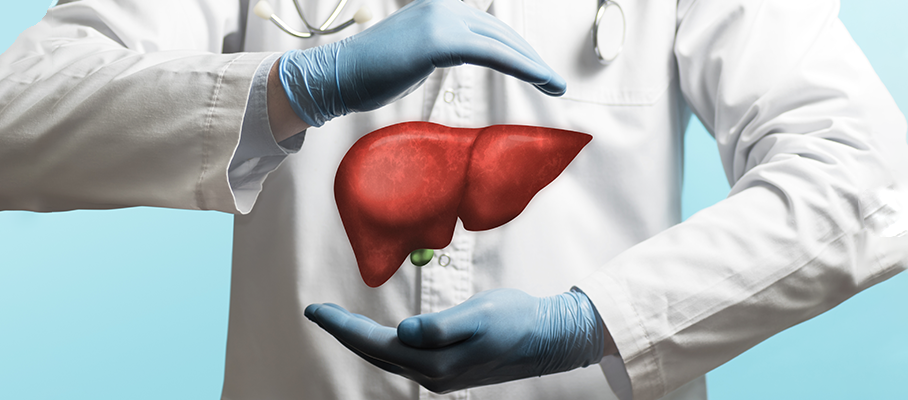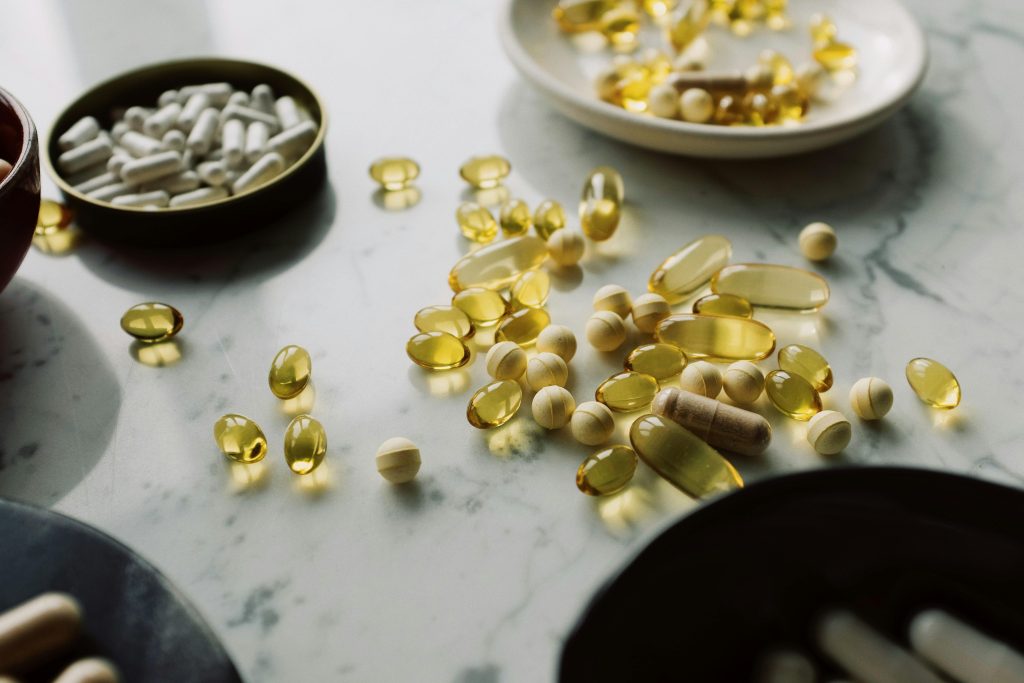Human growth hormone therapy has become one of the most talked-about topics in modern wellness. From celebrities to fitness enthusiasts, many people claim that it helps them look and feel younger, recover faster, and even lose fat.
But there’s another side of the story — one that most people don’t think about before starting treatment. Your liver, the organ responsible for processing almost everything in your body, plays a central role in how HGH works. And that means the way you use it can either help or harm your liver over time.
So before you try HGH, it’s worth understanding exactly what this hormone does, how it interacts with your liver, and why medical supervision is essential.
What Is Human Growth Hormone?
Human growth hormone, or HGH, is a naturally occurring substance made by your pituitary gland, a small organ located at the base of your brain. It helps regulate body composition, metabolism, and muscle growth, and it’s essential for tissue repair and cell regeneration.
Doctors prescribe synthetic HGH to patients who have growth hormone deficiency — a condition that causes fatigue, muscle loss, poor concentration, and slow metabolism. It’s also used in certain medical conditions such as Turner syndrome, Prader-Willi syndrome, and severe muscle wasting.
In recent years, HGH has gained a reputation beyond the doctor’s office. Many people use it for anti-aging purposes or fitness enhancement. However, using it without proper diagnosis and supervision can lead to hormonal imbalances and liver strain.
If you’re considering treatment, make sure to consult a licensed specialist and look for legitimate human growth hormone for sale sources that comply with medical safety standards.
How the Liver Reacts to HGH

Your liver is more than just a detox organ — it’s an active participant in how growth hormone works. When HGH enters your bloodstream, it signals your liver to produce a compound called insulin-like growth factor 1 (IGF-1). This molecule helps your cells grow, regenerate, and repair themselves.
That process is what gives HGH its reputation for boosting muscle recovery and slowing the signs of aging. But it also puts the liver at the center of the hormone’s activity.
When used correctly, HGH can actually support liver function by improving fat metabolism, reducing oxidative stress, and promoting better blood flow. However, when taken in excess or without medical supervision, it can do the opposite.
Too much HGH can push your liver into overdrive, forcing it to work harder to process hormones and maintain balance. Over time, this strain can lead to elevated liver enzymes, a common early sign of liver stress or inflammation.
Can HGH Cause Liver Problems?
While medically supervised HGH therapy is considered safe for most patients, misuse or abuse can cause real problems. Some of the most common liver-related risks include:
- Increased liver enzymes (ALT and AST): These enzymes rise when the liver is irritated or inflamed.
- Fatty liver disease: Excess HGH may alter fat metabolism, leading to fat buildup in liver tissue.
- Insulin resistance: Growth hormone can interfere with how your body uses insulin, indirectly stressing the liver.
- Water retention and swelling: When the body retains fluid, it can make it harder for the liver to process toxins efficiently.
These side effects don’t happen overnight — they develop gradually, especially when people self-medicate or buy unregulated products online. That’s why legitimate, prescription-only use and regular blood tests are key to protecting your liver.
Can HGH Ever Be Good for the Liver?
Interestingly, not all the news about HGH and liver health is negative. In fact, when used under proper supervision, it can have a positive effect on liver function in people who truly need it.
Several studies have shown that patients with growth hormone deficiency often have lower levels of IGF-1, which contributes to fat accumulation in the liver. When their hormone levels are corrected with therapy, their liver function actually improves.
In one clinical trial, patients receiving growth hormone replacement showed better liver enzyme balance and reduced inflammation. That’s because HGH helps regulate fat and carbohydrate metabolism.
The key difference is dosage and medical oversight. The same hormone that helps one person recover from a deficiency can harm another if used incorrectly.
How to Protect Your Liver During HGH Therapy
If you and your doctor decide to start HGH therapy, protecting your liver should be part of the plan. Here’s how you can keep it healthy while getting the benefits:
- Do regular blood tests.
Check your liver enzymes (ALT, AST, and bilirubin) every three to six months. Small changes in these numbers can reveal early signs of strain before symptoms appear. - Avoid alcohol and unnecessary supplements.
Alcohol increases oxidative stress in the liver, while some “natural” supplements can interact with HGH. Always ask your doctor before adding anything new to your regimen. - Eat for your liver.
Add leafy greens, garlic, berries, and whole grains to your meals. These foods contain antioxidants that help your liver recover and detox naturally. - Stay hydrated.
Water supports your liver’s ability to process waste efficiently. Dehydration slows everything down. - Stick to your prescribed dose.
More HGH does not mean faster results. Overuse leads to hormonal imbalance and increases the risk of side effects.
When to Talk to Your Doctor
If you’re already on HGH and notice fatigue, nausea, yellowing of the skin or eyes, or pain in the upper right part of your abdomen, don’t ignore it. These are classic signs that your liver might be under stress.
Stop taking the hormone and call your doctor right away. With early detection, most liver-related issues can be reversed, but ignoring them can lead to permanent damage.
Doctors may adjust your dose, recommend liver-friendly supplements, or temporarily pause your therapy to let your body recover.
What Not to Do If You Want to Protect Your Liver

Taking care of your liver while using HGH isn’t just about what you do — it’s also about what you avoid. Here are five habits that can make your liver age faster and react poorly to any treatment:
- Don’t drink or smoke.
Alcohol and nicotine both increase liver inflammation and slow recovery. Avoiding them gives your body a chance to repair itself. - Don’t skip sleep.
Studies show that getting six hours of sleep or less each night after age 50 increases your risk of dementia and also disrupts liver detox cycles. Aim for seven to eight hours. - Don’t eat too much sugar or fast food.
Processed foods cause fat buildup in the liver, making it harder to process hormones effectively. - Don’t ignore stress.
Chronic stress elevates cortisol levels, which can interfere with both liver function and hormonal balance. - Don’t take unapproved supplements.
Many “energy boosters” and “detox pills” contain ingredients that overload the liver. Always talk to your doctor before taking anything new.
Avoiding these mistakes will not only help your liver function better but also make any hormonal therapy more effective and safer in the long run.
The Bottom Line
Human growth hormone therapy isn’t automatically harmful, but it’s not risk-free either. Used under medical guidance, it can help restore hormone balance, improve metabolism, and even support healthy liver function. Used incorrectly, it can cause the opposite — liver stress, hormonal imbalance, and long-term health problems.
Your liver is your body’s silent protector. It filters toxins, regulates metabolism, and supports hormone processing. Please treat it with respect.
Before you try HGH, make sure you understand both the benefits and the risks. Seek professional guidance, utilize verified sources, and maintain a focus on your liver health.





















